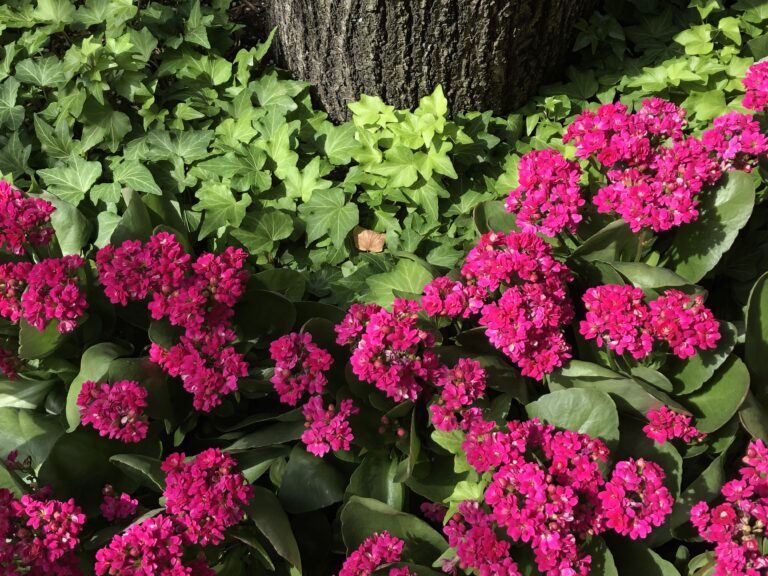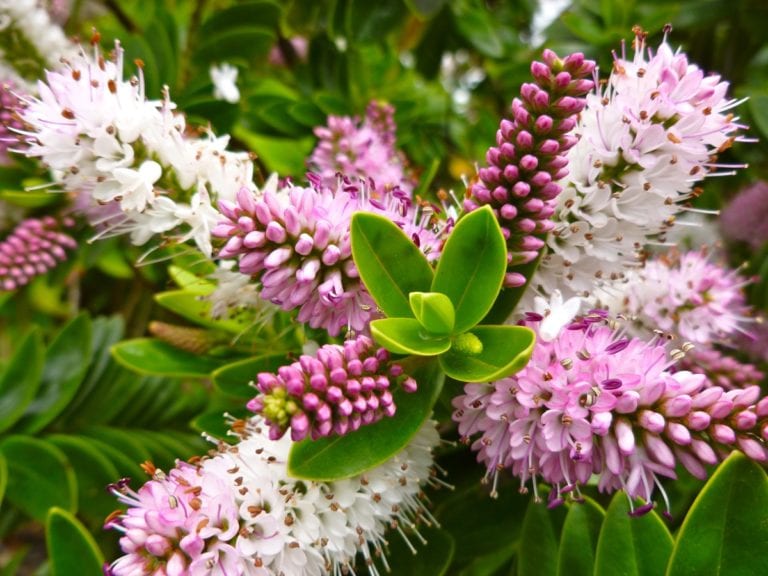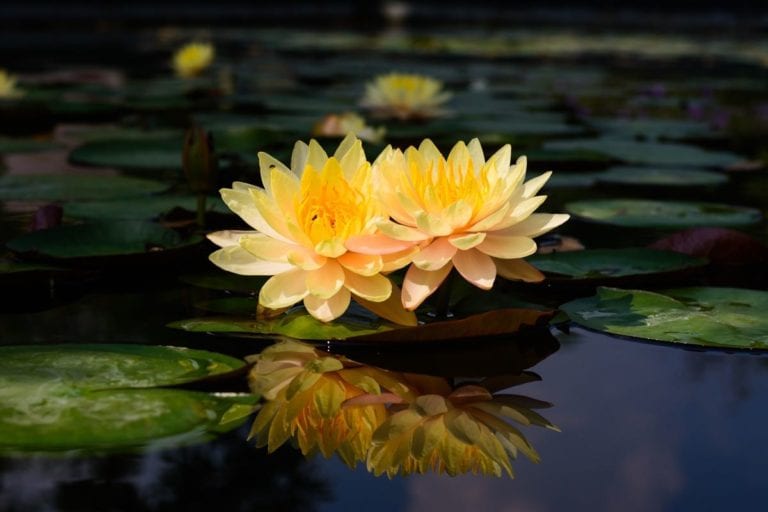Similar Posts

2025 May Meditation
This month, we focus on bringing into your awareness the quality, the frequency of kindness in order to offer kindness to your whole body-mind being—to the community that is your body, then your emotions, then your mental activity and spiritual life. Then, the meditation invites you to radiate the frequency of kindness out into the environment around you and on out into your world. Then, the meditation invites you to imagine going through your day resonating with the frequency of kindness.
If you’d prefer to do this meditation with images of nature, here’s the YouTube version:

877th Week: Cultivating Kindness As a Habit of Mind
I’ve been reading a lot about social justice lately, as well as the challenges of moving out of the assumptions and institutions of white supremacy. The process has been yet another reminder of the importance and impact of unexamined perceptions and beliefs. I’ve written many times about engaging in acts of kindness and my recent reading has brought to the foreground of awareness the importance of cultivating and orienting to thoughts and self-talk focused on and arising from kindness.
Our habits of mind matter more than we may realize. In a sense, they are a form of ongoing self-hypnosis through which we program ourselves and emit the quality and tone of awareness and being that characterize how we move through the world and how we feel about, and treat, ourselves. The goal of the following practice isn’t to create an internal battle, argument, or conflict when noticing the unkind thoughts and actions that we may do without awareness. Because I have such a deep belief in wholeness, I understand that there will always be things arising in me that I may not enjoy experiencing, but they are part of an unbroken wholeness that is true of everyone.
Many times, I’ve written about the foreground/background dynamic of our wholeness. Sometimes something pops into the foreground of our thinking or behaving that we don’t particularly like, something that arises as one of the habits of mind that comes with years of conditioning. The good news is that anything that pops into the foreground can be invited into the background and replaced by something we would rather experience and/or express. It’s a matter of cultivating the kind of awareness that can compassionately notice when we’ve gone off track and that can then gently call us back to ourselves.
Read More “877th Week: Cultivating Kindness As a Habit of Mind”
711th Week: Receiving Generously
Walking through Central Park one morning, the sound of the birds, the slow but steady haze of green emerging on the trees, the emerging daffodils and other spring flowers all offered gifts that are part of the park’s waking up to a new season. As I walked, I took in the sounds, smells, and visual delight of this emerging season and the experience got me to thinking about the process of receiving.
Receiving is an active, reciprocal process. It acknowledges that something has been given and recognizes that the act of receiving can be an expression of generosity that can enhance this experience. I often invite people to notice their style of receiving. For example, when they sit down on a chair and receive the support available, do they actively take in the support that is present? Do they engage the reciprocal process of receiving what is offered with awareness? This may apply to any kind of receiving: support, friendship, kindness, much-needed food, clothing, or shelter, a smile—whatever is offered. How would you answer these questions? Read More “711th Week: Receiving Generously”

2025 April Meditation
Settling into timeless stillness; notice if it’s becoming easier and easier to access this state of being and the frequencies that arise within it; bring to mind the quality of compassion, the frequency of this state of mind and being; radiate compassion to your whole body-mind being, offering your awareness and care to the whole community that is your body; to the complexity and richness of your emotional life; to the active presence of your mental life; to the deep quality of your spiritual life; then radiate compassion to your environment and to your world, including humans, other forms of earth-kin, and the earth itself. Imagine yourself moving into your everyday activities resonating with the quality, the frequency of compassion.
Here’s the audio version:
Here’s the YouTube version if you’d like to see images of nature while listening to the meditation:
Week 645:Perceiving With Your Heart
I recently finished reading a book that consistently brought me back to the importance of learning to shift awareness to the heart instead of emphasizing the brain—to perceive the world through heart intelligence rather than just cognitively. Read More “Week 645:Perceiving With Your Heart”
